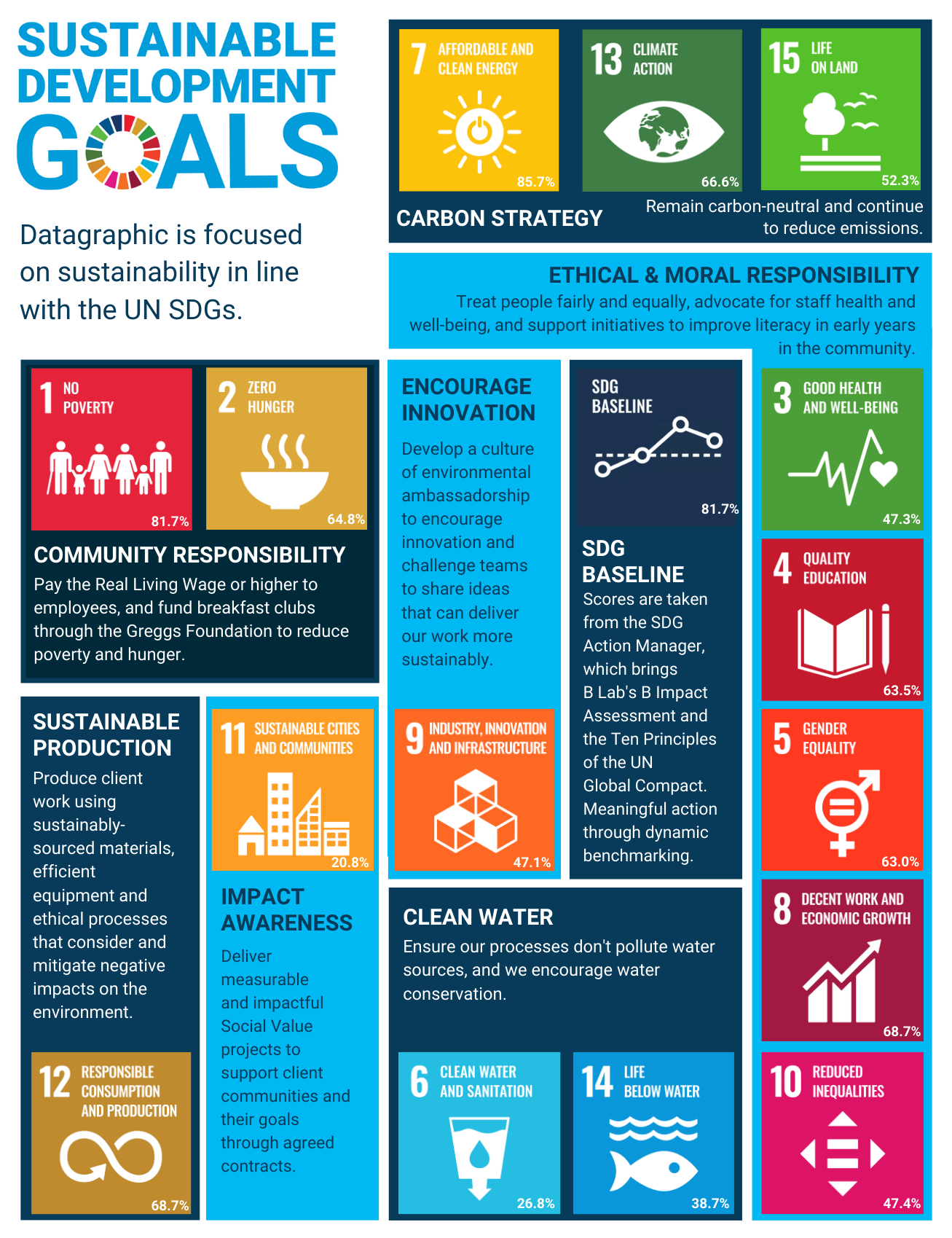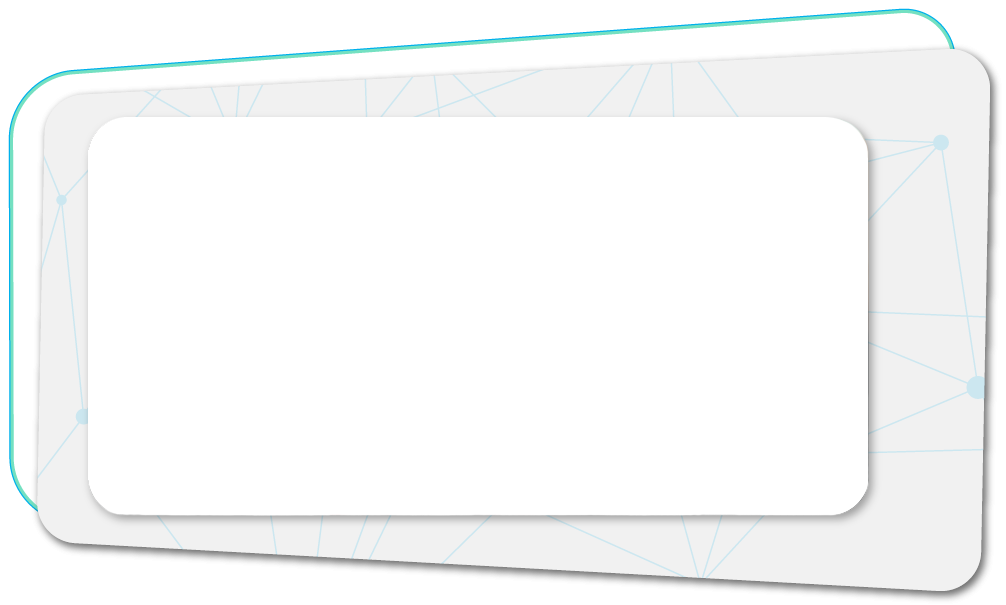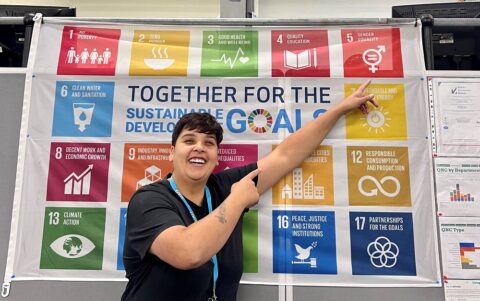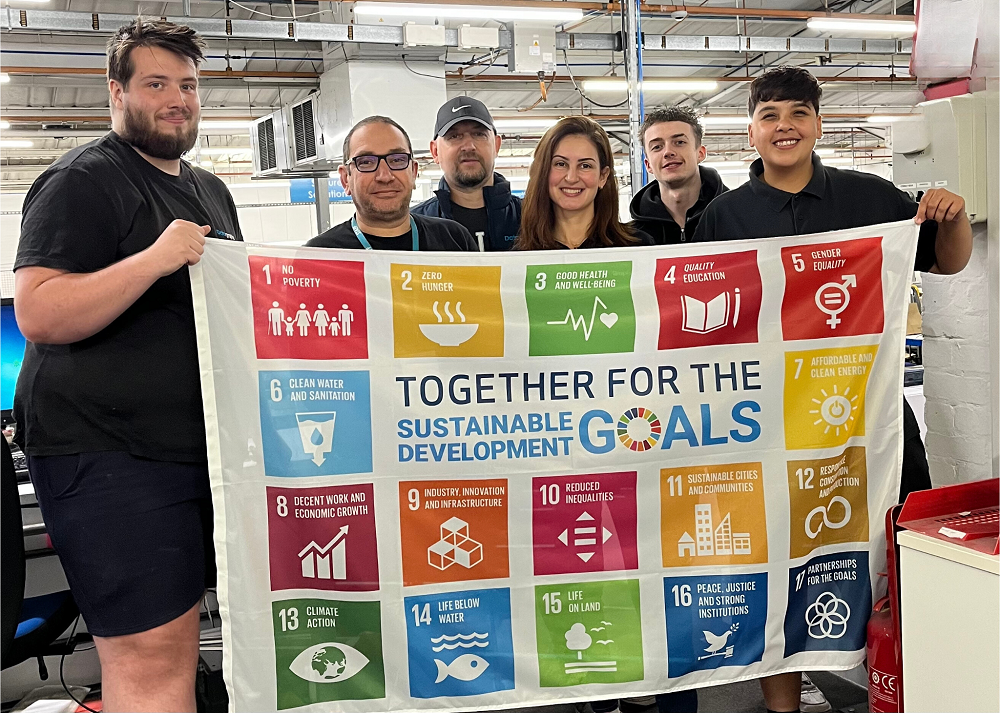As global challenges continue to mount, the United Nations Sustainable Development Goals (SDGs) stand out as a positive initiative for a better future. The SDGs, also known as the Global Goals, reflect a shared ambition to address important issues such as climate change, poverty and inequality, which are embedded throughout Datagraphic.
As part of our commitment to building a sustainable and equitable world by 2030, we align our ESG roadmap to the 17 SDG goals. That’s why, as part of our social impact strategy, we are proud to join with the UN #TogetherForTheSDGs Flag Day to help promote awareness and inspire collective action in bringing people together to pursue these shared goals.
What is #TogetherForTheSDGs Flag Day
On 25 September 2023, 650 flags will fly across UK organisations to raise an SDG flag to support the UN SDGs. Datagraphic joins hundreds of businesses, government departments, and civil society organisations in a global movement to fly an SDG flag. We want to spread awareness of the SDGs and mobilise stakeholders for the 2030 agenda.
Peter Wells, Head of Sustainability at Datagraphic, said:
“Datagraphic has made a clear statement of commitment to stakeholders and the general public on diversity and inclusion, environmental awareness and global and civic engagement. That’s why the UN SDGs feel like a natural fit. We’re already aligned with the goals through operations, client contracts and supplier agreements. And with a signed letter to the Secretary-General of the United Nations, we endeavour to identify more ways to make a positive impact with public accountability and transparency.”
What are the Sustainable Development Goals?
The Sustainable Development Goals (SDGs), are a set of 17 interconnected and ambitious goals. Each of the United Nations Member States in 2015 has adopted them as part of the 2030 Agenda for Sustainable Development.
Being a sustainable organisation is more than greenwashing for us. As a participant in the UN Global Compact, Datagraphic aligns with the SDGs through its strategies and operations where relevant.
Through our social impact strategy, we’re embedding a culture where the entire workforce strives to deliver work aligned with the Global Goals.
The UN Global Goals
The goals cover:
- No Poverty: End poverty in all its forms everywhere.
- Zero Hunger: End hunger, achieve food security and improved nutrition, and promote sustainable agriculture.
- Good Health and Well-being: Ensure healthy lives and promote well-being for all at all ages.
- Quality Education: Ensure inclusive and equitable quality education and promote lifelong learning opportunities for all.
- Gender Equality: Achieve gender equality and empower all women and girls.
- Clean Water and Sanitation: Ensure availability and sustainable management of water and sanitation for all.
- Affordable and Clean Energy: Ensure access to affordable, reliable, sustainable, and modern energy for all.
- Decent Work and Economic Growth: Promote sustained, inclusive, and sustainable economic growth, full and productive employment, and decent work for all.
- Industry, Innovation, and Infrastructure: Build resilient infrastructure, promote inclusive and sustainable industrialisation, and foster innovation.
- Reduced Inequality: Reduce inequality within and among countries.
- Sustainable Cities and Communities: Make cities and human settlements inclusive, safe, resilient, and sustainable.
- Responsible Consumption and Production: Ensure sustainable consumption and production patterns.
- Climate Action: Take urgent action to combat climate change and its impacts.
- Life Below Water: Conserve and sustainably use the oceans, seas, and marine resources for sustainable development.
- Life on Land: Protect, restore, and promote sustainable use of terrestrial ecosystems, sustainably manage forests, combat desertification, and halt and reverse land degradation and biodiversity loss.
- Peace, Justice, and Strong Institutions: Promote peaceful and inclusive societies for sustainable development, provide access to justice for all, and build effective, accountable, and inclusive institutions at all levels.
- Partnerships for the Goals: Strengthen the means of implementation and revitalise the global partnership for sustainable development.
Why is #TogetherForTheSDGs Flag Day so important?
The 2030 Agenda for Sustainable Development was adopted by all United Nations Global Compact Member States in 2015. It provides a shared blueprint for peace and prosperity for people and the planet, now and into the future. But the clock is ticking.
Peter goes on to say,
“This year, the day marks eight years since the world embraced the UN SDGs. It’s never been more critical to encourage stakeholders to take action now as we rapidly approach the 2030 milestone. We have recognised the difference we can all make individually. Moreover, collectively, we can achieve so much more. Committing to the SDGs should be a focus for all organisations, and we invite our peers to join us in this mission.”
This is how we commit to the UN Sustainable Development Goals.

How we are marking the day
Staying true to our values, we know the #TogetherForTheSDGs Flag Day is more than waving a flag. It’s about making a positive impact across all parts of Datagraphic. We are proud to say that our staff feel valued, challenged and recognised.
Elisha Mittoo from our production team says,
“Datagraphic has such a happy family feel. Everyone makes you feel so welcome, and it’s a great environment where your opinions are heard throughout the whole structure. I love working here.”
To mark the occasion and encourage our people to recognise the significance of our activities, throughout the week, we will be:
- Sharing links to ways our staff can reduce their own personal digital carbon footprint.
- Holding an online quiz about our ESG operations to put our staff to the test.
- Mounting the SDG flag in our production centre to raise awareness amongst staff.
- Kicking off our employee volunteering project to create a team of employees who will be supporting school children with vital literacy skills.
- Sharing a new video between Pete Wells and Nersi Salehi of Pro Enviro regarding how we have reduced our carbon emissions.
If you’d like to learn more about how Datagraphic makes a positive climate impact, get in touch.



